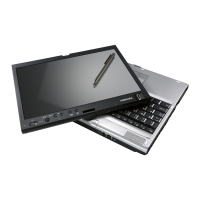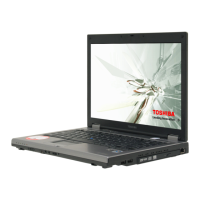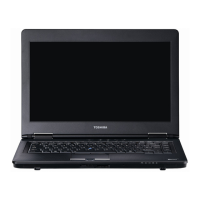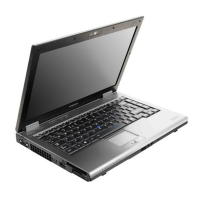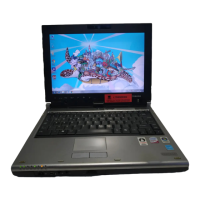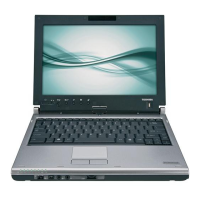96
Learning the Basics
Computing tips
5.375 x 8.375 ver 2.3
If your hard disk suddenly fails, you may lose all the data
on it unless you have a separate backup copy.
❖ Use Error-checking and Disk Defragmenter regularly to
conserve disk space and improve performance. Consult
your operating system documentation for more
information on these and other utilities.
❖ Scan all new files for viruses. This precaution is
especially important for files you receive via diskette,
email, or download from the Internet.
❖ Take frequent breaks to avoid repetitive-motion injuries
and eyestrain.
❖ Do not turn off the computer if a drive indicator light
indicates a drive is active.
Turning off the computer while it is reading from or writing to
a disk may damage the disk, the drive, or both.
❖ Before turning off the computer, use the Turn off
computer command or Standby command. See “Turning
off the computer” on page 84 to learn more about
Standby.
The operating system records information, such as your
desktop setup, during its shut down procedure. If you do not
let the operating system shut down normally, details such as
new icon positions may be lost.
